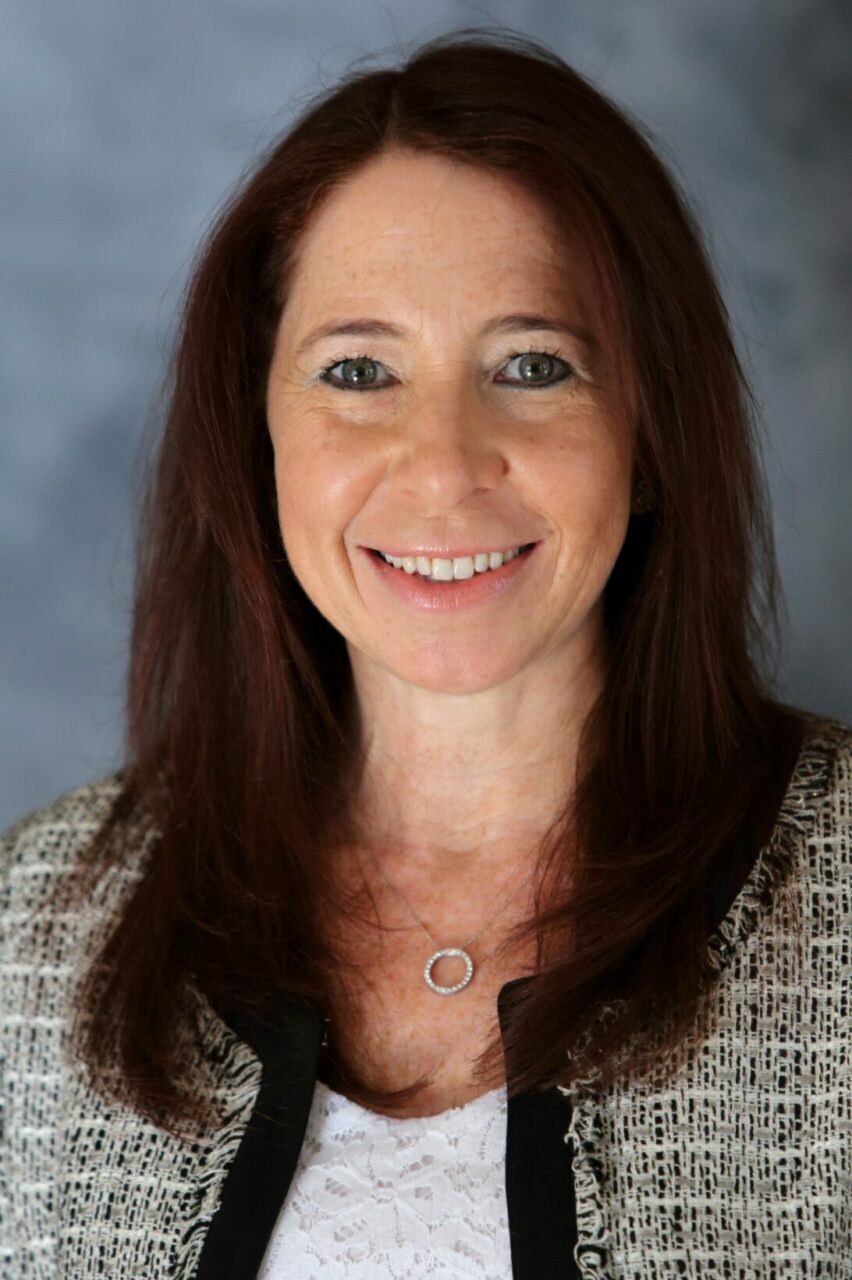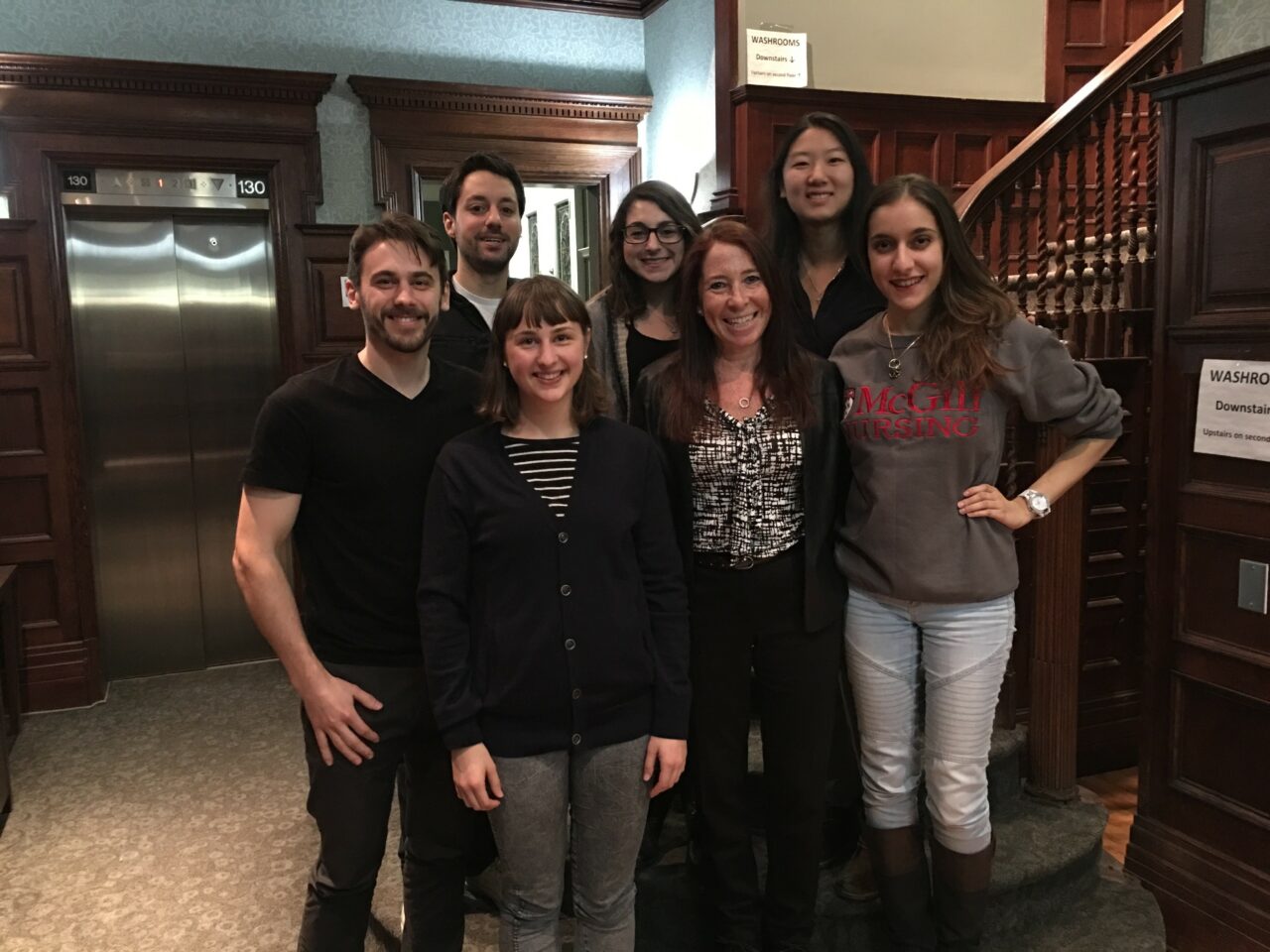 When Dr. Annette Majnemer first took on the newly-created role of Vice-Dean of Education for the Faculty of Medicine at McGill University in January 2016, she admits the sheer scale of the undertaking was a little daunting. “There are more than 2,000 active faculty members and approximately 8,000 students across the Faculty’s various schools and departments, so just the pragmatic aspects of this are very challenging, with multiple needs and goals to consider,” she says.
When Dr. Annette Majnemer first took on the newly-created role of Vice-Dean of Education for the Faculty of Medicine at McGill University in January 2016, she admits the sheer scale of the undertaking was a little daunting. “There are more than 2,000 active faculty members and approximately 8,000 students across the Faculty’s various schools and departments, so just the pragmatic aspects of this are very challenging, with multiple needs and goals to consider,” she says.
Dr. Majnemer set out to meet the students, staff and faculty from the various departments, schools, centres, and community-based and hospital settings, in order to try to get a sense of their educational needs. “As I met with people I really began to appreciate the strengths of this educational grouping, but I also came to recognize some of the challenges moving forward.”
A highly competitive pool of applicants, exceptional faculty and high quality education are some of the strengths she found among the various educational programs in the health professions and biomedical sciences at McGill. There are ten offices and centres that support educational excellence in the Faculty.
Among the biggest challenges, notes Dr. Majnemer, is finding ways to foster a more collaborative environment among all the different faculty and students within the Faculty of Medicine. “I think many of the faculty felt that though we had many strengths we were operating in silos, each doing their own thing,” she says, “but that we could do so much more if we had a collaborative educational environment. It is essential that we develop an overarching and comprehensive education strategic plan to both build on and leverage these existing organizational strengths and to capitalize on new opportunities”.
An online survey of faculty and students conducted last summer and fall delved into their preoccupations and priorities and is helping to form the basis of the aforementioned education strategic plan that Dr. Majnemer is currently working on with the Steering Educational Excellence Committee. She says an analysis of survey results done in October confirmed her hunch about the direction the Faculty should be moving in. “It is becoming clear that learner-centred approaches and student engagement, and interprofessional/interdisciplinary education strategies and educational research and scholarship will be among the primary strategic priorities,” she says.
To ensure that the students’ perspectives are not only known but also influence the Faculty’s teaching and learning initiatives, Dr. Majnemer has been working with the recently formed McGill Association of Students in

Healthcare (MASH), a student association comprised of representatives from across the Faculty’s schools and departments. “We want our learners to be articulate, effective communicators, collaborative leaders and creative problem-solvers, who persevere in the face of challenge, are passionate about what they are learning and are committed to lifelong learning and evidence-informed health care,” she says.
To complete this work does not require reinventing the wheel. A major part of what Dr. Majnemer is setting out to do involves supporting and nurturing established initiatives and offices. An example of this can be found in interprofessional education, which has been offering Interprofessional Education (IPE) courses to the Faculty’s health care professions students for the past several years but doing so via committee without the benefit of a dedicated office. Dr. Majnemer successfully lobbied to create the Office for Interprofessional Education, launched in fall 2016, which should help to expand their mandate.
Another key area Dr. Majnemer and her team are tackling is learner assessment and program evaluation. “We needed more expertise in terms of how to assess learners in the clinical environment versus the university environment. As they build competencies over time, how do we gauge that trajectory?” she explains. The new Office of Assessment and Evaluation, staffed by a new Director and a team of newly-hired PhDs, is already developing assessment tools.
Coming back to the creation of the education strategic plan, Dr. Majnemer and her team continue to push forward with a series of brainstorming sessions planned for February to determine the action plans they can pursue to meet their goals. Some of these recent initiatives in interdisciplinarity and learner assessment could be extended to education in the biomedical sciences.
“Well-articulated goals and actionable strategies will enable us to address current
challenges, and more importantly, allow us to pursue innovative and ground-breaking directions that are value-added and will nurture a thriving learning community,” she says. “There are unprecedented opportunities to open communications; to bridge silos across the Schools, Clinical and Basic Science Departments, Centres and Units, and work collaboratively to generate novel ideas regarding teaching and learning, and disseminate and assimilate these educational innovations.”
Besides overseeing all these initiatives in her new role, Dr. Majnemer is continuing to conduct research at the Montreal Children’s Hospital, which she has done for the past 25 years. “I’m privileged to lead a new initiative developing a pan Canadian network for patient-oriented research for children with disabilities called CHILD-BRIGHT.”
For Dr. Majnemer, who was born and raised in Montreal, these roles are the continuation of a journey, both professional and personal. “I did my occupational therapy training here at McGill, as well as all my graduate training in neurology and neurosurgery, and I’ve been on faculty all my life. I’m a McGillian through and through – as is my whole family.”
Her husband, Dr. Michael Shevell – “definitely my number one fan” – is a child neurologist, Chair of Pediatrics and Physician-in-Chief at the Montreal Children’s Hospital. Her eldest daughter, Allison Shevell, did her medical training at McGill and is now a pediatric resident at the Children’s, while younger daughter Meaghan Shevell studied anthropology and human rights at McGill and Columbia University, and is currently working as a research assistant at McGill.
February 17, 2017
